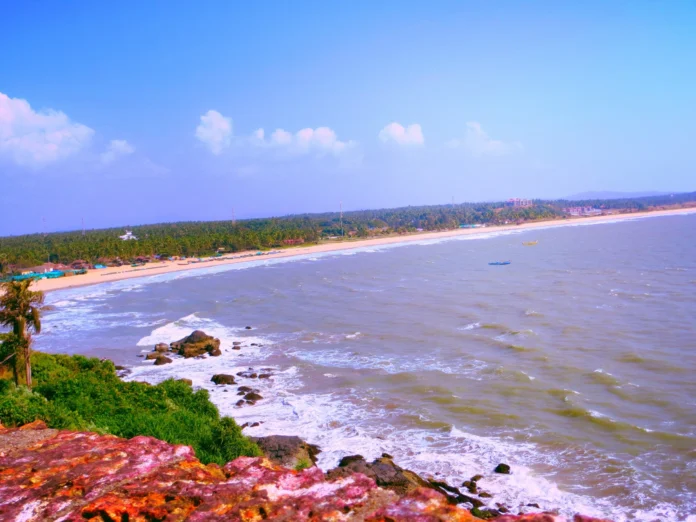Beach tourism activities in Kannur, Kerala, have been temporarily banned due to rough seas, posing safety concerns for tourists and locals alike. The decision to suspend beach tourism activities comes as authorities grapple with the adverse weather conditions and heightened risks posed by rough seas along the coastline of Kannur.
The ban on beach tourism activities in Kannur is a precautionary measure aimed at ensuring the safety and well-being of visitors amid the challenging sea conditions. With strong winds and rough waves lashing the coastline, authorities have deemed it unsafe for tourists to engage in water-based activities such as swimming, surfing, and boating.
The rough seas in Kannur are a result of adverse weather patterns and seasonal changes, which often lead to unpredictable and potentially hazardous conditions along the coast. High waves and strong currents pose a significant risk to swimmers and beachgoers, increasing the likelihood of accidents and drowning incidents.
In light of these safety concerns, authorities have taken proactive steps to safeguard public welfare by imposing a temporary ban on beach tourism activities. Signs and notices have been erected along the coastline to inform visitors of the restrictions and advise them to avoid venturing into the sea until conditions improve.
The decision to ban beach tourism activities in Kannur has drawn mixed reactions from locals and businesses dependent on tourism revenue. While some support the measure as a necessary precaution to prevent accidents and ensure public safety, others express concern about the economic impact on local businesses and livelihoods.
Tourism is a vital industry in Kannur, contributing significantly to the local economy and providing employment opportunities for residents. However, the temporary suspension of beach tourism activities underscores the inherent risks associated with coastal destinations, particularly during adverse weather conditions.
Authorities are closely monitoring the situation and are prepared to lift the ban on beach tourism activities in Kannur once sea conditions improve and it is deemed safe for visitors to resume recreational activities along the coastline. In the meantime, efforts are underway to enhance safety measures and raise awareness about the risks of swimming in rough seas.
Visitors planning to visit Kannur are advised to exercise caution and adhere to safety guidelines issued by local authorities. It is essential to stay informed about weather conditions and heed warnings from lifeguards and beach patrol officers to avoid putting oneself at risk while enjoying the natural beauty of Kannur’s coastal areas.
The suspension of beach tourism activities in Kannur underscores the broader challenges faced by coastal regions in managing the delicate balance between promoting tourism and ensuring visitor safety. With the increasing frequency and intensity of extreme weather events attributed to climate change, coastal communities must adapt and implement robust safety protocols to mitigate risks associated with tourism activities.
While the temporary ban may result in short-term disruptions for businesses and tourism operators, it also presents an opportunity for reflection and enhancement of safety measures. Local authorities can use this period to review existing protocols, invest in improved infrastructure such as lifeguard stations and warning systems, and provide training for tourism staff on emergency response procedures.
Additionally, the ban highlights the need for sustainable tourism practices that prioritize environmental conservation and minimize the impact of human activities on fragile coastal ecosystems. By promoting responsible tourism initiatives, such as beach clean-up campaigns and educational programs on marine conservation, Kannur can safeguard its natural resources while offering visitors an authentic and enriching experience.
As efforts to enhance safety and sustainability continue, stakeholders in Kannur’s tourism industry must collaborate closely with government agencies, environmental organizations, and community groups to develop comprehensive strategies for managing beach tourism responsibly. By working together to address the challenges posed by rough seas and other environmental hazards, Kannur can ensure that its beaches remain safe and inviting destinations for tourists from around the world.
Ultimately, the temporary ban on beach tourism activities in Kannur serves as a reminder of the dynamic nature of coastal environments and the importance of proactive risk management in ensuring visitor safety. By prioritizing public welfare and embracing sustainable tourism practices, Kannur can continue to thrive as a premier destination for beach lovers while preserving its natural heritage for future generations to enjoy.

